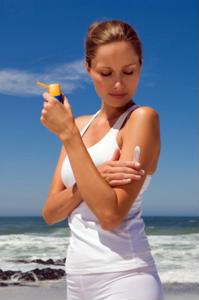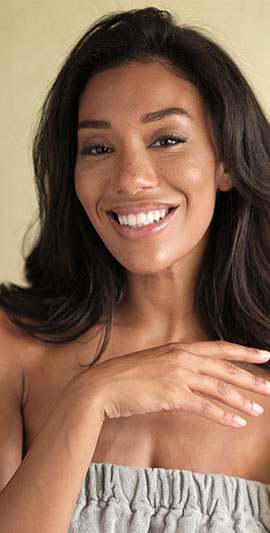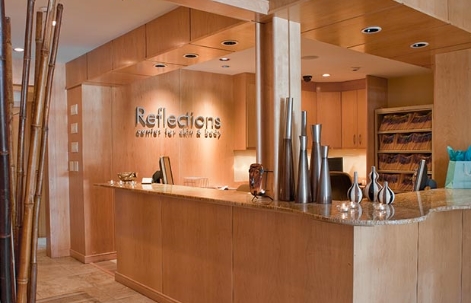
Walk down the sunscreen aisle of any grocery store or pharmacy and you’ll most likely see a colorful array of products, each with labels spelling out the virtues of the brand. You know that protecting your skin is vital during the summer, but which bottle do you choose? What information should you pay attention to?
According to Consumer Reports, this whole process is about to get a lot easier. The U.S. Food and Drug Administration (FDA) recently announced that it will be making some significant changes to sunscreen labels that will take effect in 2012.
Currently, FDA-approved products offer information on sun protection factor (SPF), which helps shield the skin from sunburn-causing UVB rays. Because some of these items also protect against UVA rays – which cause wrinkles and premature aging – they will be labeled “broad spectrum” next year.
Manufacturers of sunscreens that are classified as broad spectrum and have an SPF of 15 or higher will also be able to say on their labels that these products reduce the risk of early aging and skin cancer when used as directed. Items that are broad spectrum but have an SPF between 2 and 14 will not be able to carry this claim.
Additionally, the FDA will require labels to include water-resistance times, which tell shoppers how long the declared SPF will last while they are outside sweating or swimming. This time frame will generally be either 40 minutes or 80 minutes, and sunscreen labels will not be able to say that they are waterproof or sweatproof.
“Today’s announcement will take a lot of the guesswork out of reading sunscreen labels,” said Michael Hansen, a senior scientist at Consumers Union, quoted by the news source. “The FDA’s introduction of a broad spectrum test and associated labeling will require the sunscreen makers to first prove that their product provides such protection, and further, it will weed out the sunscreens that make broad spectrum claims without any evidence.”
Dermatologists recommend choosing broad spectrum products with an SPF rating between 30 and 50, according to the New York Times. There has been no evidence to date that any sunscreens with an SPF higher than 50 are more effective, experts said.
Although techniques such as laser skin rejuvenation to treat sun-damaged skin exist and have met with much success, it’s better to protect your skin in the first place when venturing outside to enjoy the summer weather.







